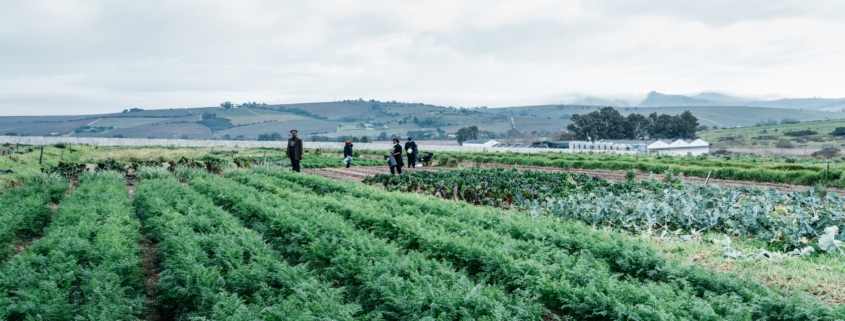On Community, Soil and Agency: Cultivating Sustainable Food Systems
The big and the small – drivers of (un)sustainability
As with all sustainability challenges, the problem of achieving socially just and ecologically sustainable food systems has no simple answers. So, this article will not attempt to provide any. Instead, it seeks to unpack what makes our existing paradigm unsustainable, explore emerging alternatives in the regenerative farming movement, and cultivate new imaginaries to expand the realm of the possible.
To orient ourselves in this exploration, let us consider the following question. Given the realities of climate change and ecological overshoot, how do we cultivate a new mode of development to achieve net-zero, sustainable coexistence of people and planet?
One response to this question manifests in the post-growth economic paradigm. Supporters of this paradigm suggest that to achieve long-term sustainability, we need to move away from viewing development within the narrow confines of GDP1, economic growth and even monetary wealth, towards a nuanced vision of human wellbeing and its diverse drivers. This can be facilitated by understanding mechanisms of empowerment as the ability to access and utilise resources. To quote the rapper, educator and activist Akala, “Money is a means to get wealth – not the wealth itself”. If we want to create a socially just and ecologically sustainable world, it is not enough to critique how systems of power maintain injustice, or to reform fundamentally unjust and destructive systems – although these are important. We also need to actively cultivate transitions to more sustainable alternatives.
A crucial element for such transitions is a nuanced approach to land reform and use that actively balances the needs of human development and ecological sustainability. To achieve equitable access to resources and opportunities required for holistic wellbeing, without overshooting planetary boundaries – to ensure everyone has enough, while conserving and restoring our ecosystems – our global systems of organising the economy need to be transformed at a fundamental level.
And yet, all of this begins at a much smaller scale. The economy is an emergent outcome of many individual actions that (re)organise patterns of interaction between people, ecosystems, resources and institutions. Our agency, in turn, is not confined to the level of the individual, but emerges through contextually specific capacities to harness resources, and influence interactions through our networks and relationships, to achieve collectively agreed-upon outcomes.

